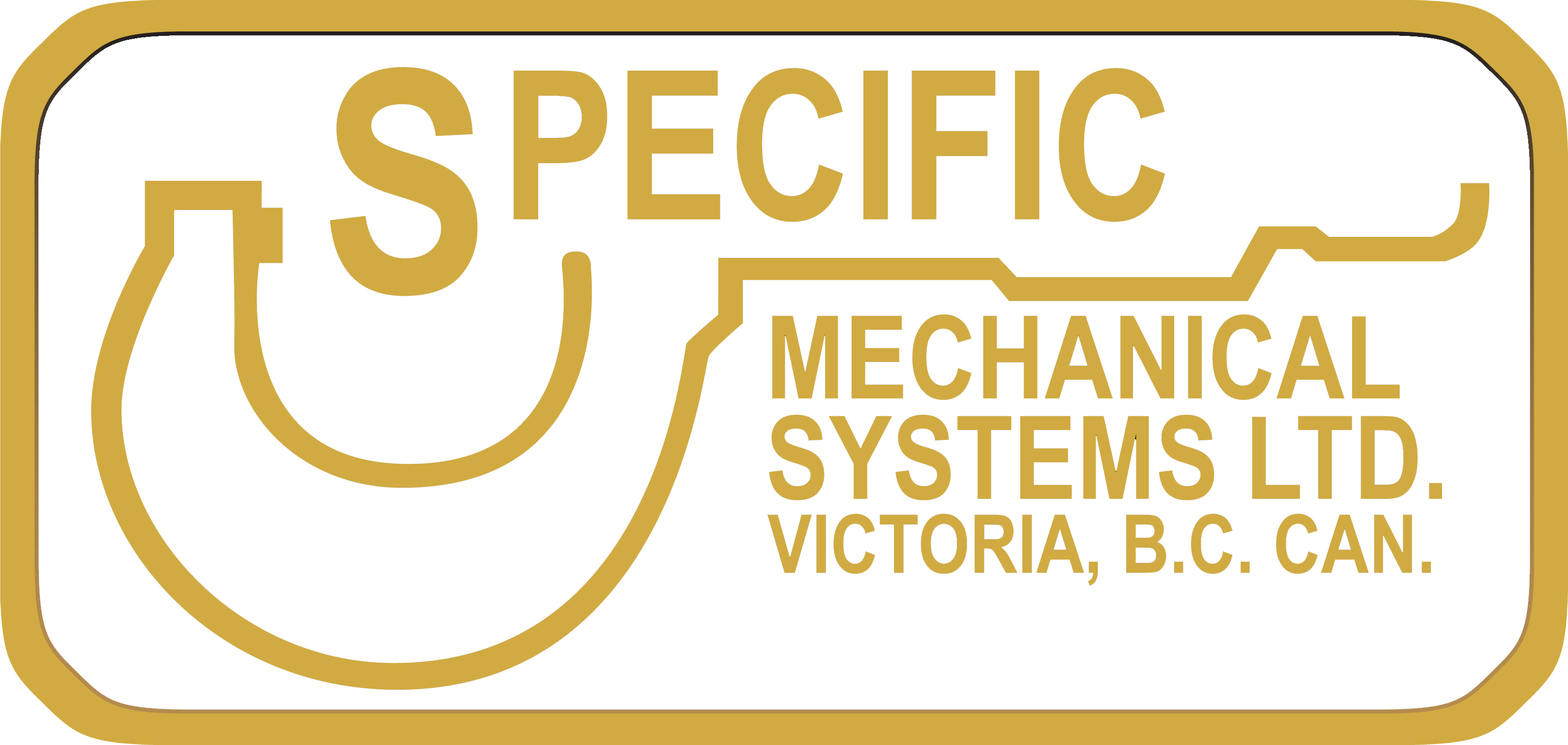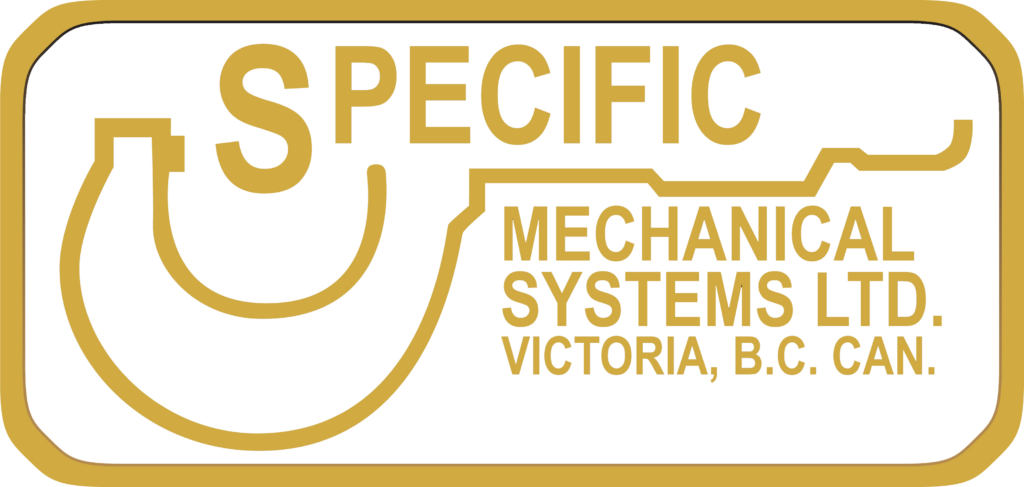If there’s one thing that’s a constant in the world of Scotch Whisky, it’s the waiting. Whisky takes time. Could all that be about to change?
That’s the dream of Los Angeles-based distiller Bryan Davis, who claims that he can use heat and light to speed up the maturation process significantly. He could then offer decades’ worth of ageing in just a few days. And he’s just one of several distillers from the USA who are looking to revolutionize the ageing process.
The scientific methods they use involve experimenting with heat, light, sound, pressure, tiny fragments of wood and patented reactors, with some of the more out-there methods involving blasting loud hip hop or heavy metal music at the spirit.
For Davis, his process was inspired by the way sunlight can age wood. “What if the decomposition products produced by light degrading the wood are the same ones you get in the barrel? It turns out that if you turn the light up beyond natures’ norm, the acceleration is exponential . . . You can match the chemical signature of old booze.”
This is a subject of much debate among whisky enthusiasts and professionals in the industry.
Here are some potential arguments for and against accelerated aging:
Arguments For Accelerated Aging:
- Time and Efficiency: Traditional aging of whisky can take many years, sometimes decades, to achieve desired flavour profiles. Accelerated aging methods could potentially shorten this time, allowing distillers to produce matured whisky more quickly and efficiently.
- Experimentation: Accelerated aging techniques offer distillers the opportunity to experiment with different variables such as temperature, pressure, and wood types in a shorter time frame, leading to innovation and potentially new flavour profiles.
- Meeting Demand: As the demand for whisky continues to rise globally, accelerated aging could help meet this demand by increasing production rates without compromising on quality.
Arguments Against Accelerated Aging:
- Quality Concerns: Many whisky purists argue that the time-tested method of aging whisky in oak barrels over several years is essential for developing complex flavors and aromas. Accelerated aging methods may not replicate this depth and complexity, leading to lower quality whisky.
- Authenticity: Accelerated aging techniques can be seen as artificial and lacking the authenticity and tradition associated with traditional whisky production methods.
- Regulatory Issues: Some countries have regulations regarding what can be classified as whisky, and these regulations often specify minimum aging periods. Accelerated aging methods may not meet these requirements, raising questions about the legitimacy of the product.
While accelerated aging may offer benefits such as increased efficiency and experimentation, it also raises concerns about quality, authenticity, and adherence to regulations. Ultimately, it’s up to consumers to decide whether they value innovation and efficiency over tradition and authenticity when it comes to their whisky preferences.






